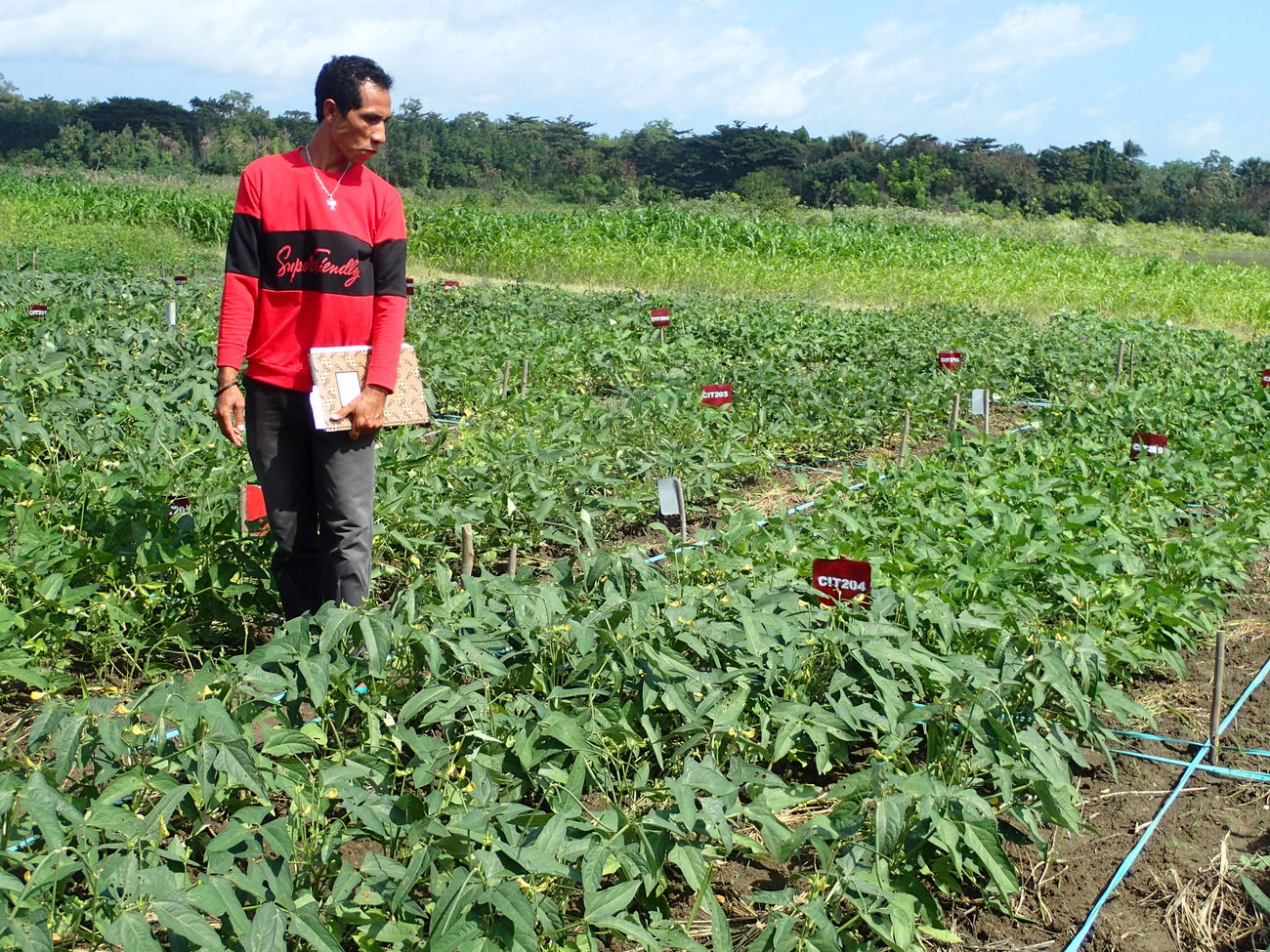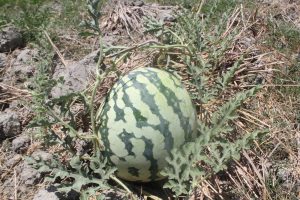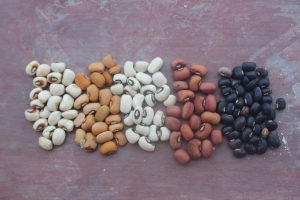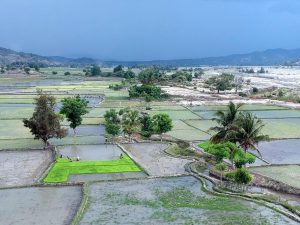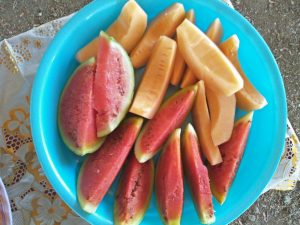Students from the National University of Timor Lorosa’e have this week officially commenced horticultural experiments at a new collaborative research site between AI-Com and the university at Laleia, in Manatuto municipality.
Thirteen final-year agronomy students, 10 male and three female, will conduct experiments on crop yields over the next several months at the site, which was donated by local farming families in February 2019. Local families saw the successful collaborative research conducted by AI-Com and UNTL at nearby Vermasse, in Baucau municipality, and requested similar support to find ways to make a profit by growing new crops during the dry season.
The first round of experiments at Laleia, which were conducted by 11 UNTL students over the 2019 rice-growing season between January and July, investigated the response of rice crops to different applications of organic and inorganic fertiliser. Farmers were amazed at the large response of rice to the locally produced organic fertiliser rice hull biochar and chemical fertilisers like Urea and superphosphate.
AI-Com and UNTL successfully launched our first collaborative research site at Vermasse in December 2017, and have supported over 30 student researchers to conduct their own practical experiments—which offer new and valuable information about growing food in Timor-Leste.
Student-led experiments with rice hull biochar have demonstrated that chili crop yields can increase up to 160 per cent with rice hull biochar application.
Over the next several months, students will investigate various methods to grow high value crops like rockmelon and watermelon to increase the productivity of the dry season production in this irrigated area.
Through this new research, these UNTL students will be simultaneously investigating improved food sources for families in Timor-Leste, and investing in their own research capacity for the country’s further development.
